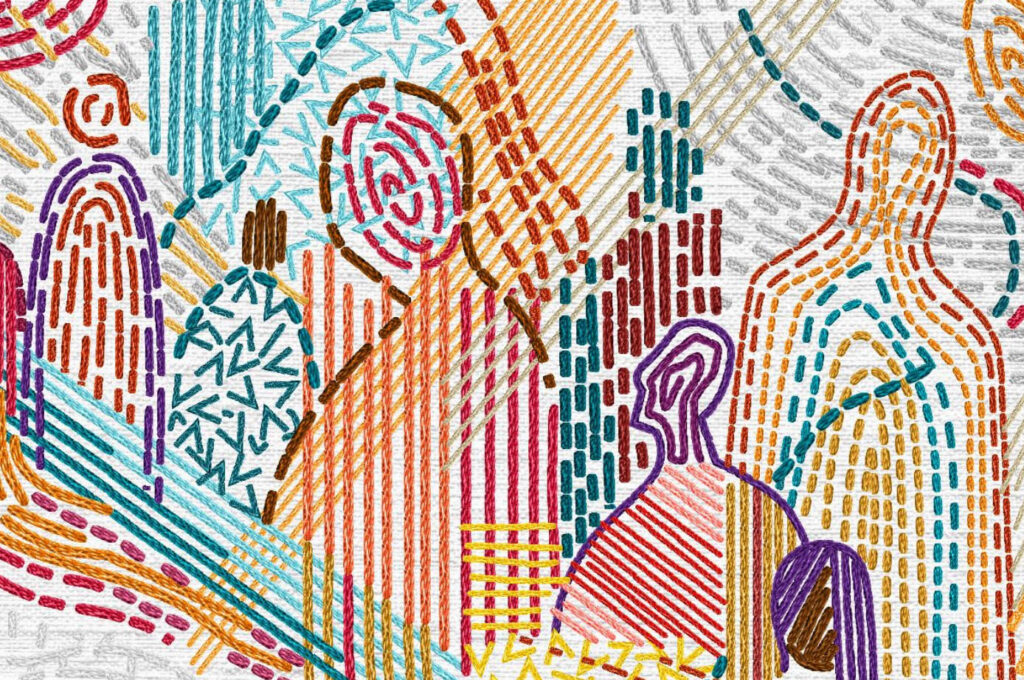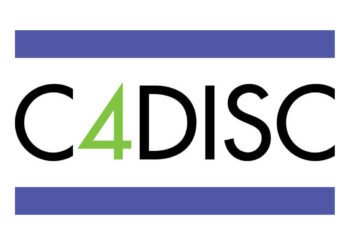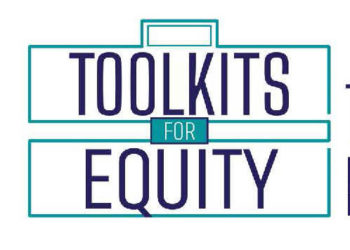Editor’s Note: Today’s post is by Kerry Webb. Kerry was project co-lead for the Antiracism Toolkit for Black, Indigenous, and People of Color. She is a senior acquisitions editor at the University of Texas Press.
Read Part One of this series on guidance to inclusive language.
Antiracism Toolkit for Black, Indigenous, and People of Color
This toolkit is the third in the recent set of toolkits for equity that are sponsored by C4DISC and the Society for Scholarly Publishing. These toolkits were created with Black, Indigenous, and People of Color (BIPOC) in mind, specifically those who are already working in scholarly publishing as well as BIPOC people who are interested in exploring careers in publishing but haven’t had access to the privileged knowledge or personal connections that can be so helpful in gauging the experience of working in this industry.
It was important to have a group of volunteers who are all BIPOC create this toolkit. It differs from the previous toolkits in that these contributors drew directly from their own lived experiences as BIPOC people. BIPOC staff sometimes are the only, or one of the only, BIPOC people within an institution. Writing about challenging and often isolating experiences opens up the possibility of negative attention that can be detrimental to one’s career. Our volunteer group strove to find a balance in being honest about the pleasures and difficulties of working within this community while also offering the protection and safety of anonymity. All the volunteers, whether they worked as writers, peer readers, editors, or designers, are listed at the end of the toolkit to acknowledge their labor while not tying particular names to specific pieces of writing. Although this was written with BIPOC readership in mind, we understand that some of our colleagues in publishing who are not BIPOC will be interested in reading this too. We hope they will find new perspectives to consider alongside the previous C4DISC toolkits as they continue their antiracist work within publishing.

One of the key decisions that helped us organize our thoughts on the toolkit was to decenter whiteness. Instead, we wanted to focus on the ways we could create networks of support with one another. It was important to acknowledge the many ways our experiences differ due to the intersections of age, gender, race, ethnicity, and career status. Publishing, and scholarly publishing in particular, remains an overwhelmingly white industry. Of course, we have to acknowledge how white supremacy and workplace culture affect everyone in publishing; the toolkits for allies and organizations delve into these topics in great detail. So we felt that we had more space to think and write about other ways of coping with workplace culture.
We also recognize that there is continued room to adapt and add to this work. For instance, we all became acutely aware of the fact that our experiences, though myriad, are still based largely within a North American context. We would like to generate ways to broaden the writing to be more inclusive for an international audience by including publishers outside the United States and Canada. We have also considered ways in which we would like to make this more accessible for those with differing needs and learning techniques through visual materials or an audible version. We hope to see this document grow in ways that can make this available to as many people as possible.
We benefited from the wonderful design team at GRAPHEK, who graciously offered their time and talents to create a design specific to this toolkit. We wanted to create a toolkit that felt distinct from the first two. The GRAPHEK designers created imagery using embroidery to suggest the ways a community can be repaired and knit together when members share experiences with one another.
I wanted to share a brief summary of some of the key aspects of the toolkit:
- Examining barriers: We delve into the challenges that BIPOC people face when trying to enter the publishing industry, including some that are well known, such as low salaries, limited mentorship given, and the low numbers of BIPOC people in senior positions. Financial disparities are a very real hindrance to entering or remaining in publishing. Publishing programs and courses are often offered by expensive universities. While they provide great training and early contacts to the industry, they are often beyond many students’ financial reach. Publishing, whether it is scholarly or trade, has traditionally been most accessible to those with access to generational family wealth.
- Creating community with and across BIPOC people: In the regular group discussions of the participating volunteers (writers, readers, and editors) about how to start this work, this idea came to be at the center of our work. How do we create support networks? Especially when we are often the only or one of few BIPOC people within our workplace, and opportunities to meet are few? Some steps have been taken in recent years to create practical networks, such as an email list for BIPOC colleagues and Zoom meetups during the pandemic. One of the most important things we can do is build a solidarity framework, in which we strive to learn about and from other racial identities other than our own. In this way, we can reflect on our own internal biases as well as privileges and create further understanding.
- Elevating commitment and accountability: In this section we asked several questions to challenge and guide readers in thinking about how to support BIPOC colleagues both at our own workplaces and at other institutions.
- Networking and mentorship in the industry: We highlight how networking and mentorship, in their many different forms, can benefit BIPOC careers. We acknowledge that no single kind of mentor or communication style works for everyone. We wanted to ensure our toolkit fully acknowledges the reality that this work is often time consuming and tiring. It is not for everyone, all of the time. To that end, we offer many other resources for doing this kind of work but also emphasize the importance of self-care. Finally, we explain that, sometimes, leaving the industry might be the best option, and we outline how to make that difficult decision and protect ourselves as we begin the process of leaving a job.
We conclude with thoughts on the challenges ahead and the ways we hope to see future additions made to the toolkit. One of the benefits of building the toolkit in the online open-source format PubPub is that future volunteers can contribute and add to the document.
We look forward to hearing further thoughts and questions from readers on how we can continue to develop this guide via equitytoolkits@gmail.com.

